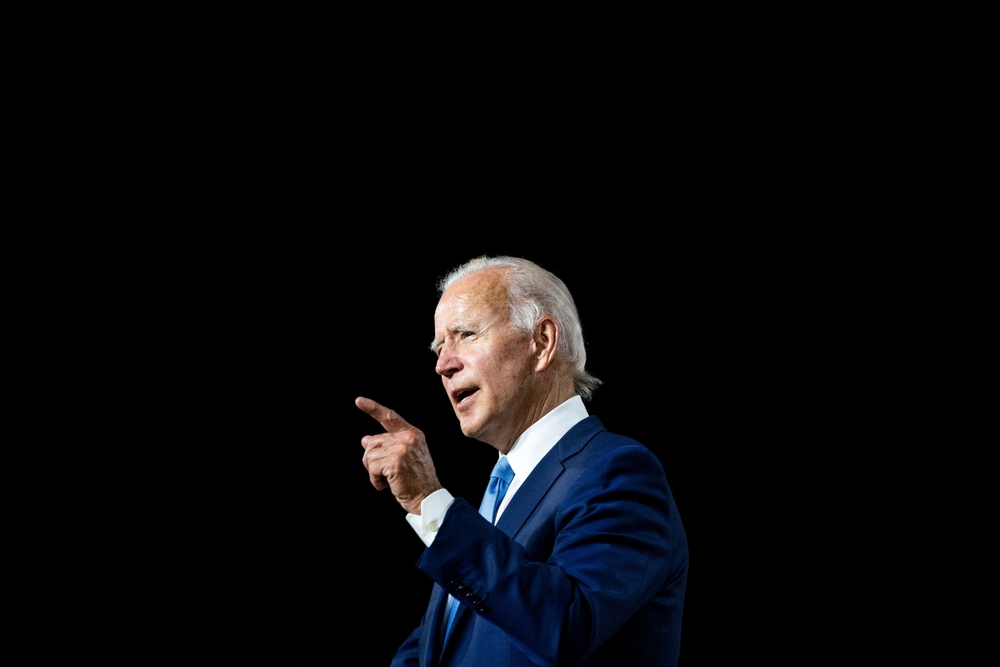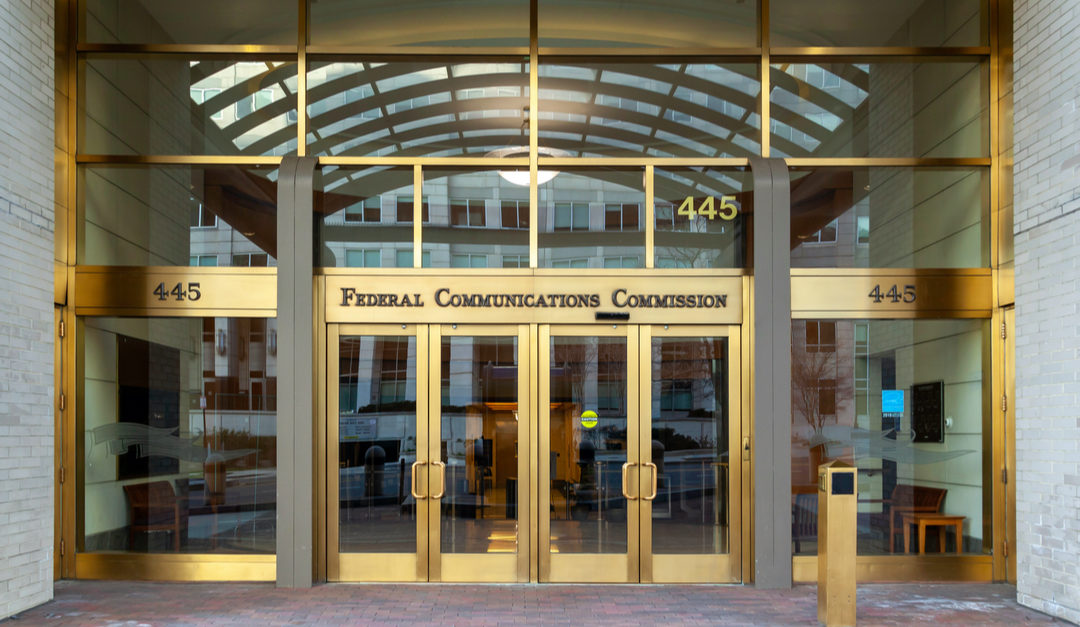China has garnered much attention given its position as a major economic competitor to the United States, and specifically as a competitor in telecommunications, technology and innovation. The national security implications for the use of Chinese technology have also caught the attention of policy-makers, for over a decade.
In 2012 the House of Representatives Intelligence Committee released the “Investigative Report on the U.S. National Security Issues Posed by Chinese Telecommunications Companies Huawei and ZTE.” The public portion of the report found that “the risks associated with Huawei’s and ZTE’s provision of equipment to U.S. critical infrastructure could undermine core U.S. national-security interests.”
Eventually, in 2021, the Federal Communications Commission (FCC) finalized a program to pay telecom providers to tear out and replace equipment from Chinese telecom companies considered a national security risk by the U.S. government. Additionally, the Biden administration has on a couple occasions added specific Chinese technology companies to its “Entity List,” restricting U.S. firms from dealing with the companies listed.
But, China’s digital aspirations are far from ended.
As part of its intention to create a China-centered digital future, the country continues its “Digital Silk Road” initiative to emplace next generation digital connectivity abroad and by doing so to extend its technological influence, pushing itself closer to becoming a technological superpower. The ambition is even greater though, wrapping global financial markets into this plan.
In the midst of this global development Congress seems willing to allow the U.S.’s current innovation edge and global connected world leadership falter. Congress allowed the FCC’s auction authority to lapse, authority it has had since 1993. A critical piece for the continued U.S. edge is 5G, the next generation of global advanced wireless telecommunications, and without more spectrum 5G will stand still. Much is on the line as Congress allows our spectrum pipeline to dwindle.
Contrast the Congressional auction authority approval balk with China, which has greatly padded its lead on the United States by opening huge swaths of its spectrum for licensed mobile use. The obvious Chinese intent is to move ahead not just in 5G, but also in creating an environment for the development of the types of cutting-edge technologies that depend on such high-performance connectivity.
The Congressionally imposed U.S. spectrum shortage will hinder technological innovation and clear the path for China to assert global leadership in the connected future, threatening the economic and national security of the United States. If the United States is not competitive in needed advanced technologies, other countries will have no alternative to the Digital Silk Road. Thereby Beijing will gain the upper hand when it comes to setting standards for 5G networking, the internet, and perhaps even digital governance and ethics.
The economic effect on the country of surrendering its long-held technological leadership can hardly be overstated. The national security risks interrelate with the economic risks. As CSIS writes in its recent report, “This is a potential long-term national security catastrophe.”
Without leadership, and hard work, our economy and the provision of good middle-class careers would be at risk, not to mention our ability to project economic and military power around the world.
Congress has the choice before it when they return from their August recess. They must choose either to stand by and allow The Digital Silk Road to continue its rapid build out without a competitor, or to make it a priority to renew the FCC’s auction authority, giving the U.S. Information Superhighway its best chance of continuing to lead on the world stage. As the Chinese proverb goes, “If you work hard enough at it, you can grind even an iron rod down to a needle.” That is, anything is possible if you are willing to put in the work.

CLELAND: The Biden Admin’s Latest Micromanagement Project? Your Online Subscriptions
The Federal Trade Commission is fast becoming a living case study in ideological overreach. Undaunted by a string of embarrassing court losses and plummeting morale among career staffers, the agency keeps grasping at the most slender reeds of legal theories and...

IEA Public Comments to FCC on Matter of Safeguarding and Securing the Open Internet
Read IEAs comments to the FCC here

IEA Signs Coalition Letter to FCC Opposing Digital Discrimination
Click Here to Read the Digital Discrimination Coalition Letter

IEA Signs Coalition Letter Opposing the NO FAKES Act
Click here to read the NO FAKES Act Coalition Letter

What a Web AG Bonta Weaves
With good reason, we are encouraged to understand history, but for some, perhaps, the temptation to repeat past mistakes is just too great. The ancient Greek philosopher Plato described sophists, paid philosophers often involved in public works, as those who twisted...

Technology Can Save Kids’ Lives in Texas
The Texas foster care system is infamous for failing its wards. The system is so flawed that in 2015 it was found in violation of the 14th Amendment, which guarantees the right for people to be free from an unreasonable risk of harm while in government custody. The...

Canadian Troll Patent Suits Could Upend U.S. Connectivity
Air pollution from Canadian wildfires is just one of the problems we face from our neighbor to the north. A Canadian company weaponizing intellectual property rights could do major damage to the U.S. tech sector. Bell Northern Research has been around since the 1970s,...

In fantasy sports the players on the field aren’t the only skilled players
Fantasy sports is an industry that’s growing like almost no other. It’s estimated to be a $28 billion market in 2023 and set to grow to more than $50 billion by 2028. Nearly 20% of Americans age 18+ participate in fantasy sports. 20%! As with all growing industries,...

IEA Signs Coalition Letter on Inflation Reduction Act Prescription Drug Price Controls
Dear Members of Congress, When the Inflation Reduction Act was passed and signed into law a year ago, the legislation granted the federal government broad power to set and control the price of certain prescription drugs through a new Medicare price negotiation program...

IEI Signs Coalition Letter Expressing Support for the “Rural Internet Improvement Act of 2023″
Read the Full Coalition Letter Here


Recent Comments